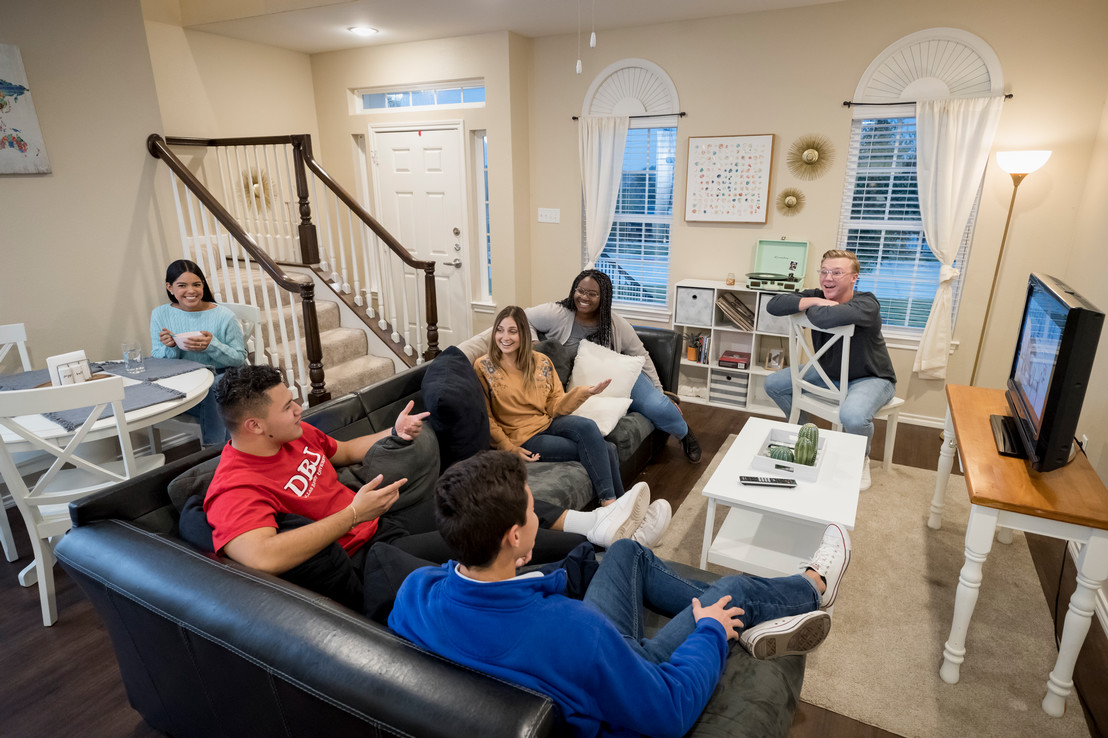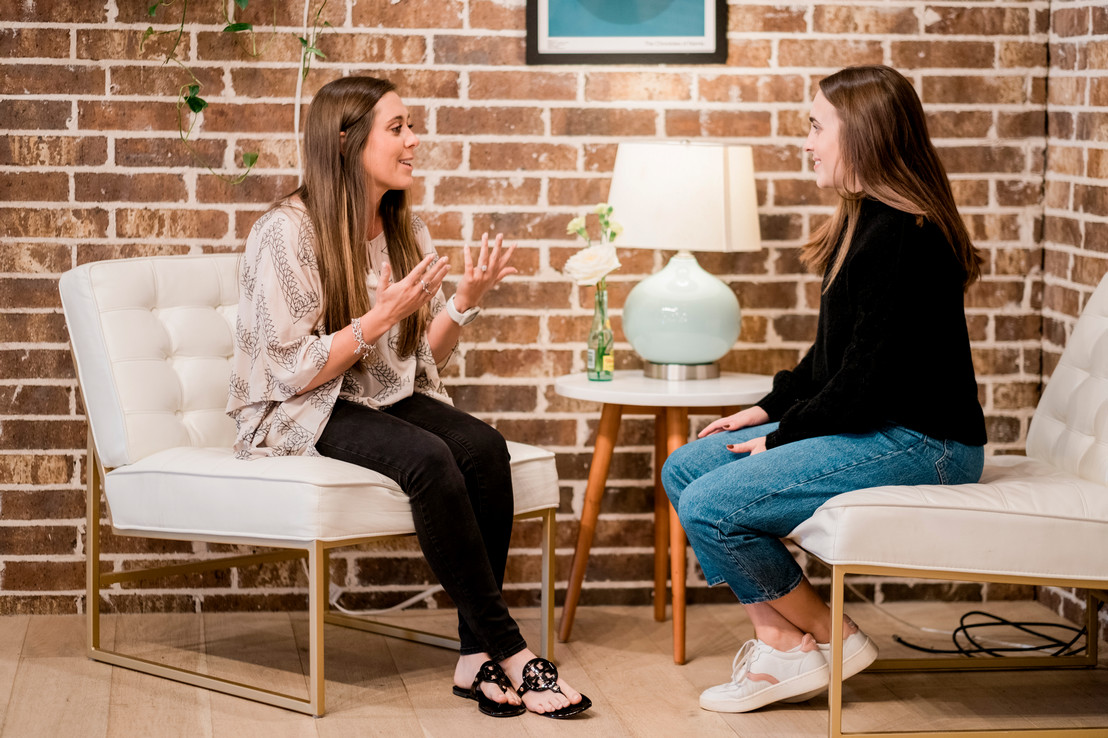Everything to Know About Applying for a Student Loan

For many prospective students, cost is one of the most important factors when choosing a college. The average cost of attending a four-year, in-state, public institution is $104,108 in 2023; and the average cost of a four-year, private, nonprofit university is $223,360, according to the Education Data Initiative.
Though the high cost of tuition can be prohibitive, 87% of full-time undergraduate students attending four-year postsecondary institutions were awarded financial aid in 2020, according to the National Center for Education Statistics. At private, nonprofit institutions – like Dallas Baptist University (DBU) – 90% of students were awarded financial aid in 2020.
In the 2019-2020 academic year, 4,172 students at DBU received $74.1 million in financial aid. The average award in the fall of 2020 was $24,393.
If you’re applying to undergraduate or graduate school and looking for some financial aid, here’s where to find student loans and how to apply for a student loan for college so that your educational investment can bring you a lifetime of returns.
Types of College Financial Aid
Many educational institutions, like DBU, offer financial aid through scholarships, grants, work-study programs, and loans. These forms of financial assistance often cover tuition, room, board, and textbooks. When considering these options and which is right for you — and the best student loans — check out DBU’s financial aid lingo page so you’re never confused.
Scholarships, Grants, and Work-Study
DBU offers more than 30 scholarships. These include everything from academic, Air Force ROTC, Christian leadership, music, and national merit scholarships. Those who qualify for scholarships aren’t expected to pay back the amount they’re awarded, which is based on academic performance, talent, and merit. All students on scholarship at DBU, outside transfer commuters, graduate, and doctoral students, must live on campus and maintain certain GPA requirements.
Students also aren’t expected to pay back grants, which are often awarded based on financial need. At DBU, students can apply for state and federal grants. Grants can also come from outside sources, like the DBU Church Matching Grant Program. Some grants are awarded on a first-come, first-served basis. Apply early to have the best chance of receiving one. To apply for state, federal, or other grants, students must first fill out a Free Application of Federal Student Aid (FAFSA) form.
Through federal and state college work-study programs, students can work part-time on campus or in their community while taking classes to help pay for a portion of their expenses. Work-study opportunities are also granted based on financial need and are often combined with scholarships, grants, or loans. At DBU, students must apply for work-study jobs by contacting offices that employ such students and interviewing with the office’s supervisor. Work-study students, on average, work 20 hours per week and are paid by guidelines established by the U.S. Department of Labor and the U.S. Department of Education.
Loans
Sometimes, scholarships, grants, and work-study opportunities don’t provide enough financial aid for students to comfortably afford a college education. That’s where loans come in. Unlike scholarships and grants, students pay back loans by a deadline defined by their lender, whether that’s a bank, credit union, or the government, for federal and state student loans. Because students have to repay their loans, they are encouraged only to borrow what they need.
Students often take out loans with interest, the fee you pay lenders for using their money. Even after students take out low-interest federal loans, they may need more financial help. Private loans often have higher interest rates, depending on a student’s or their family’s credit history.
While students pay the interest themselves with unsubsidized loans, the government pays the interest with subsidized loans. Other loans include the Federal Direct Parent Loan for Undergraduate Students (PLUS). This credit-based loan allows parents to borrow money from the U.S. Department of Education for their dependent undergraduate children. Graduate students can apply for a graduate PLUS loan.
How to Apply for a Student Loan
To qualify for the Federal Direct Student Loan program, students must also fill out a FAFSA form. Before a student can access a direct federal loan, they must secure their loan on the Federal Student Aid website, plus complete entrance counseling — detailing how to borrow loans wisely and repay them upon graduating — and sign a Master Promissory Note, a legal document requiring you to repay loans, along with any accrued interest.
When students graduate, they must complete exit counseling on the Federal Student Aid website, during which they go over loans and how they plan to repay them. Loan payments usually begin six months after graduation.



